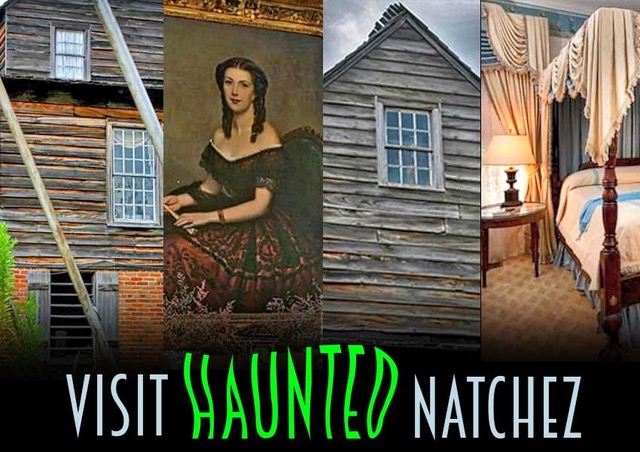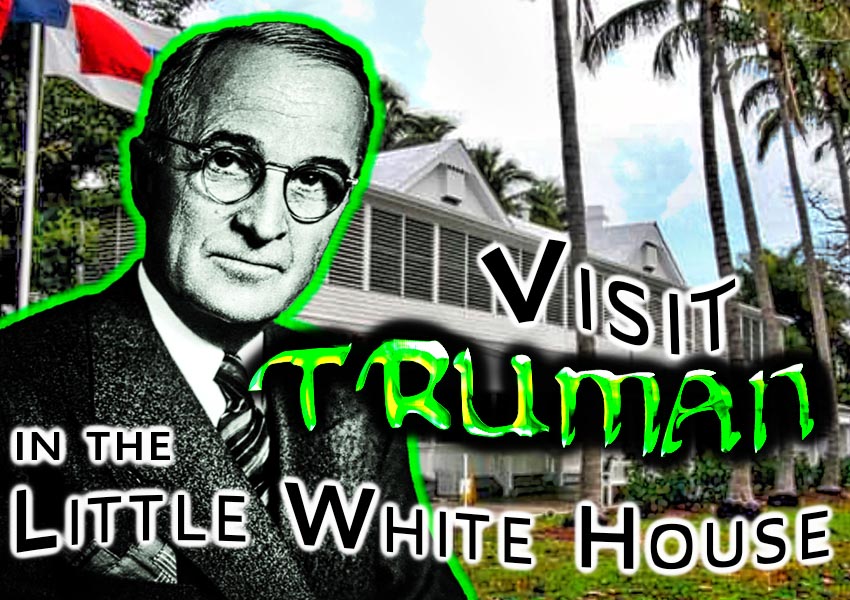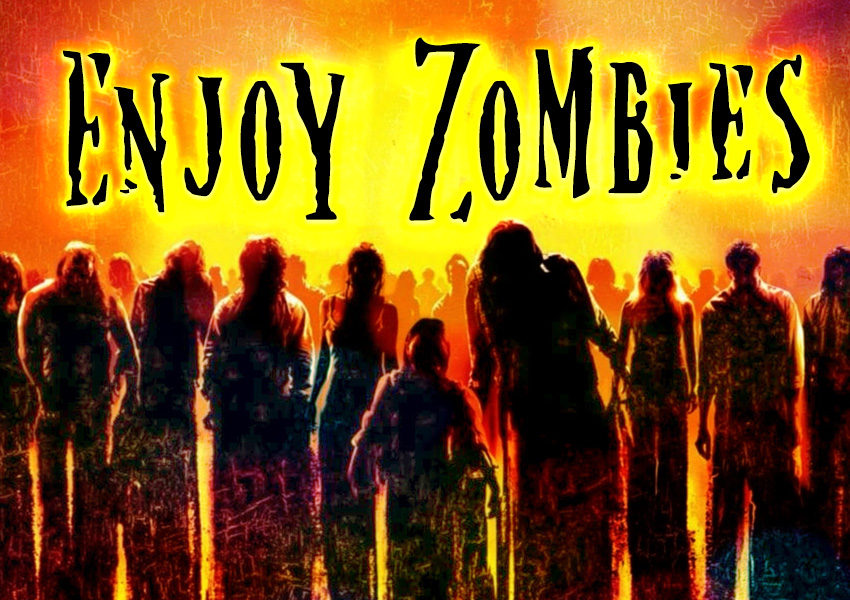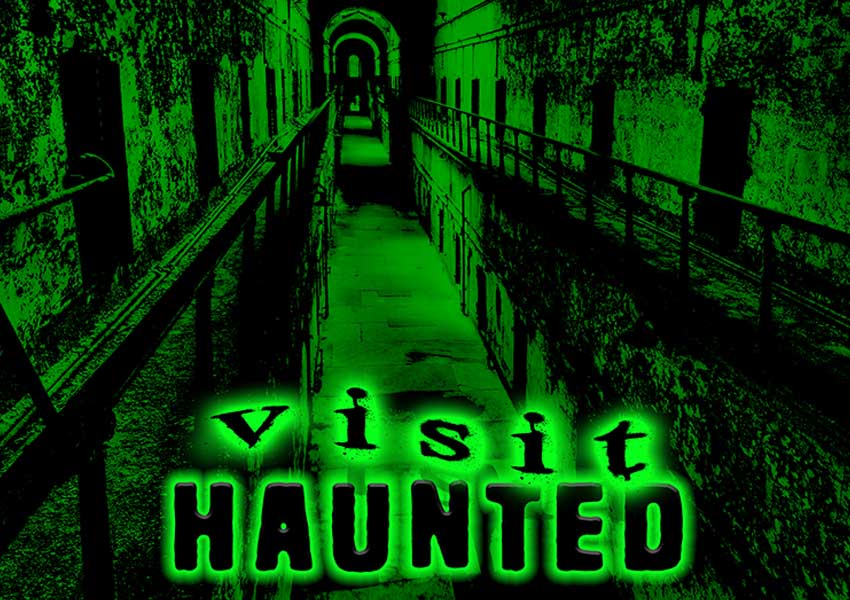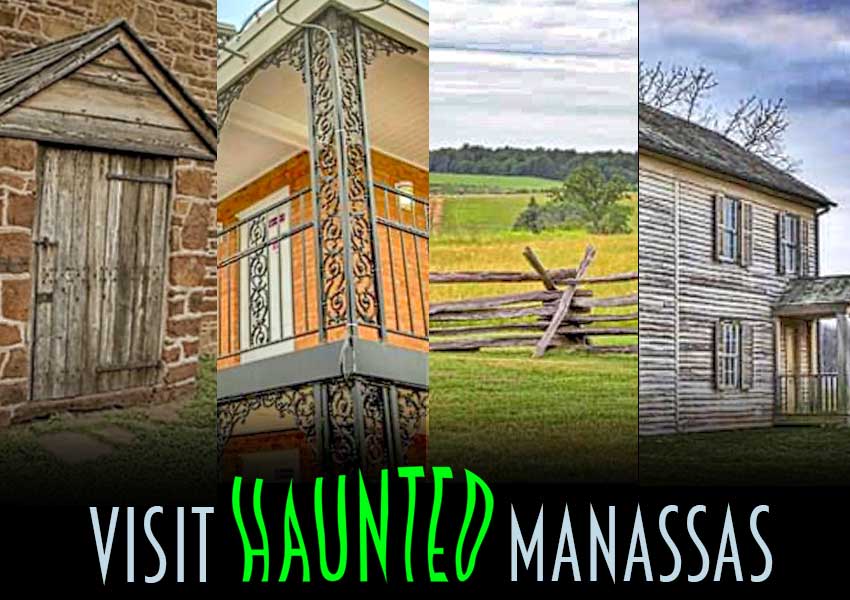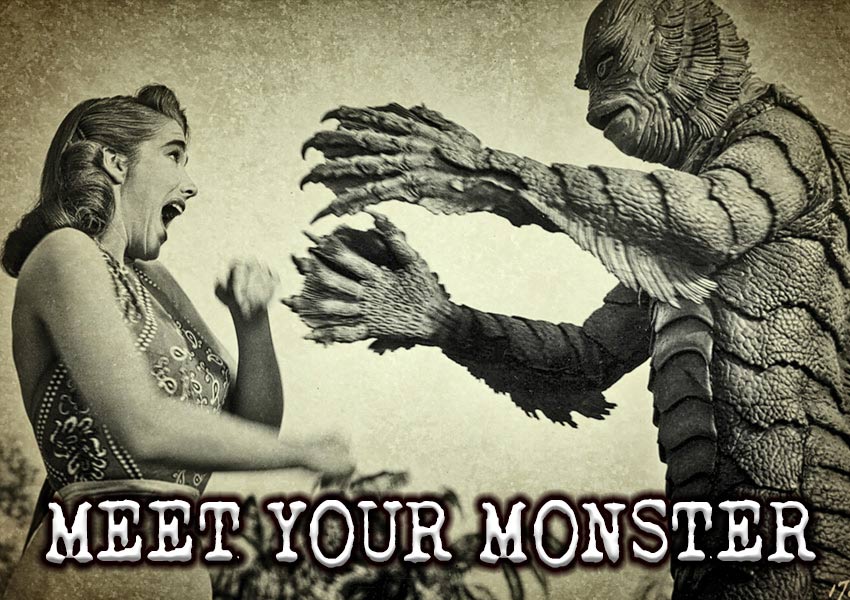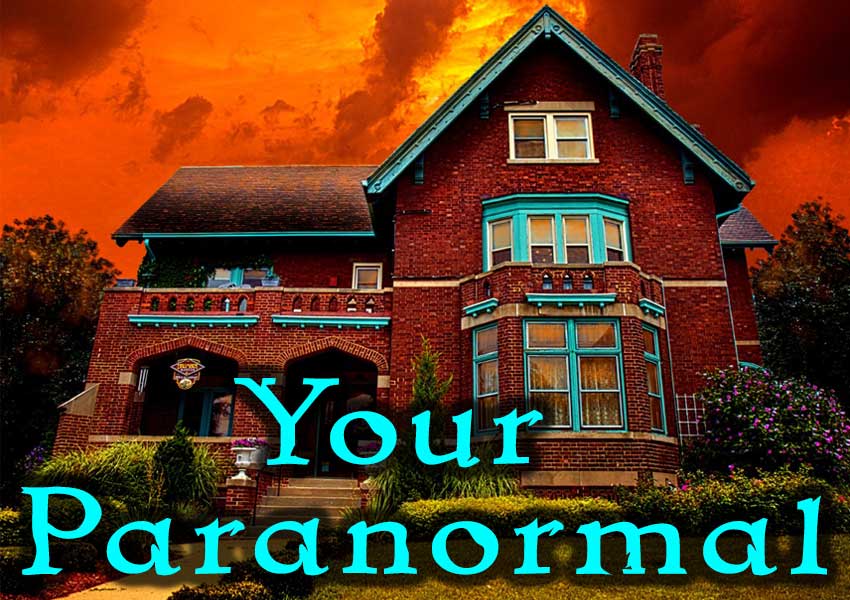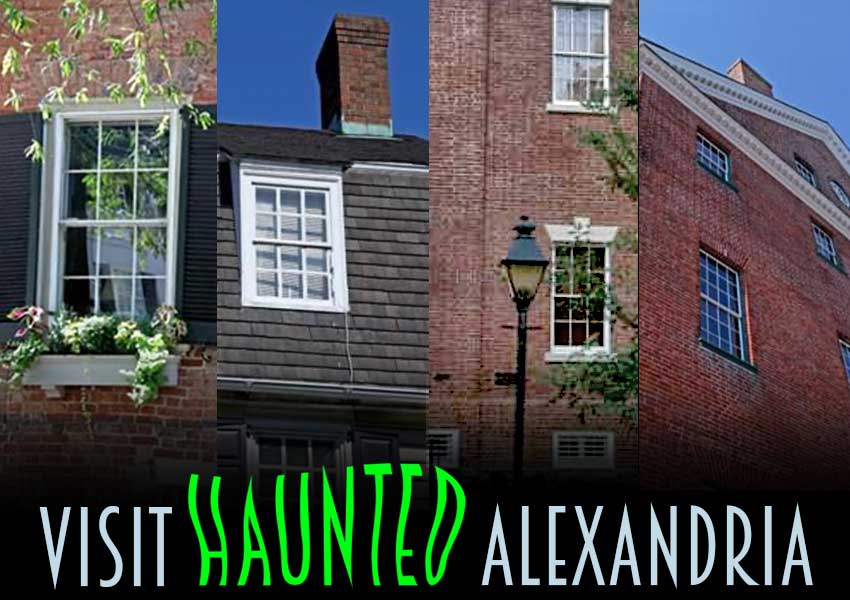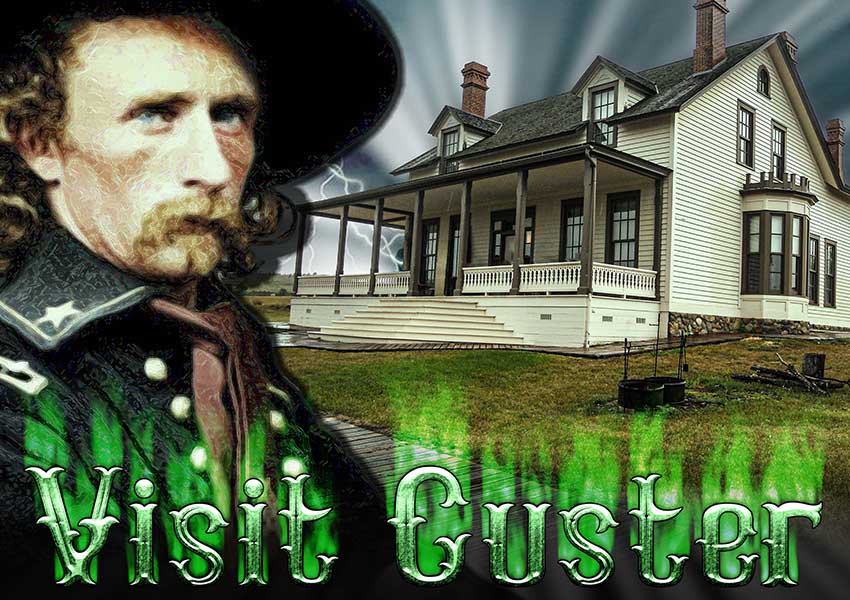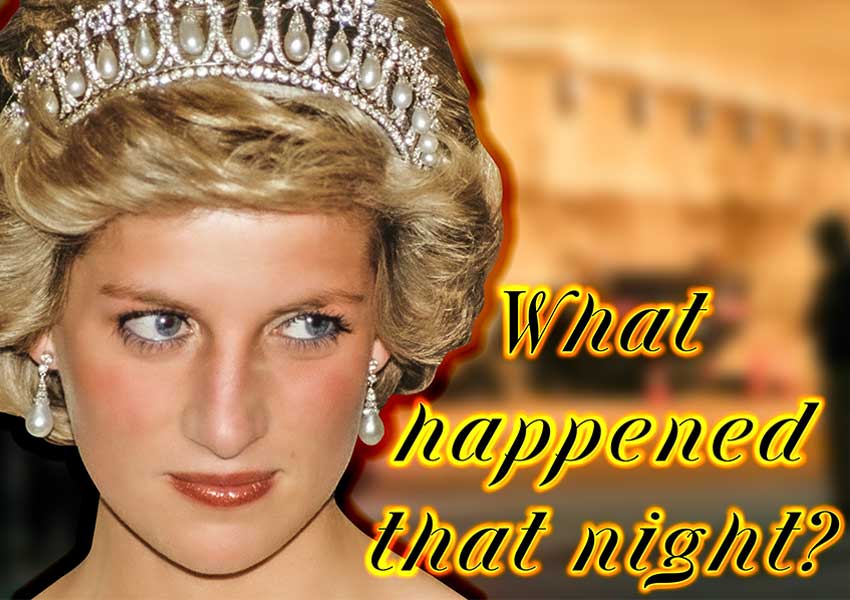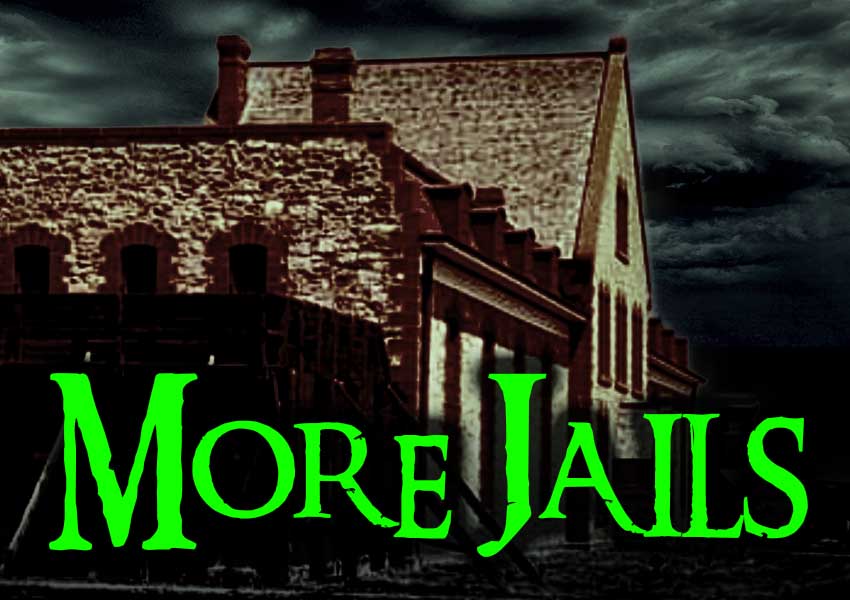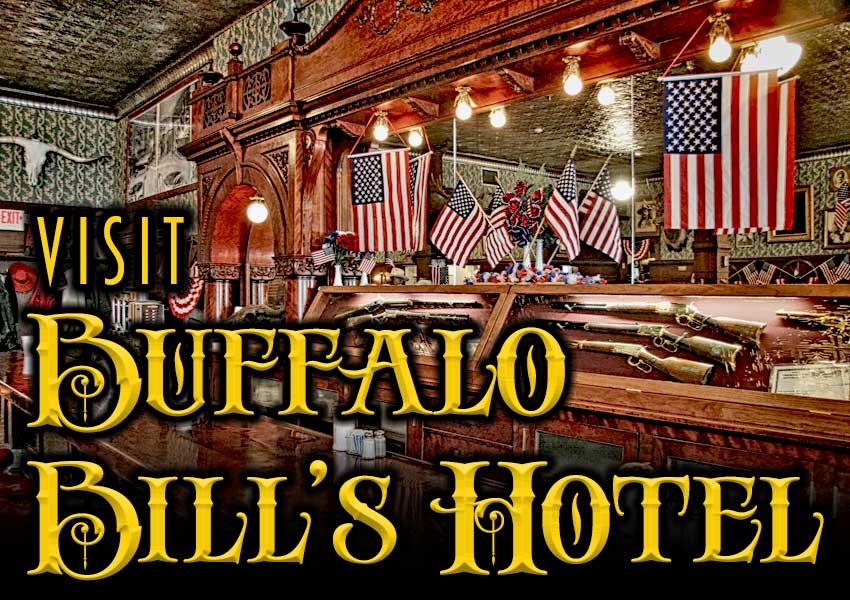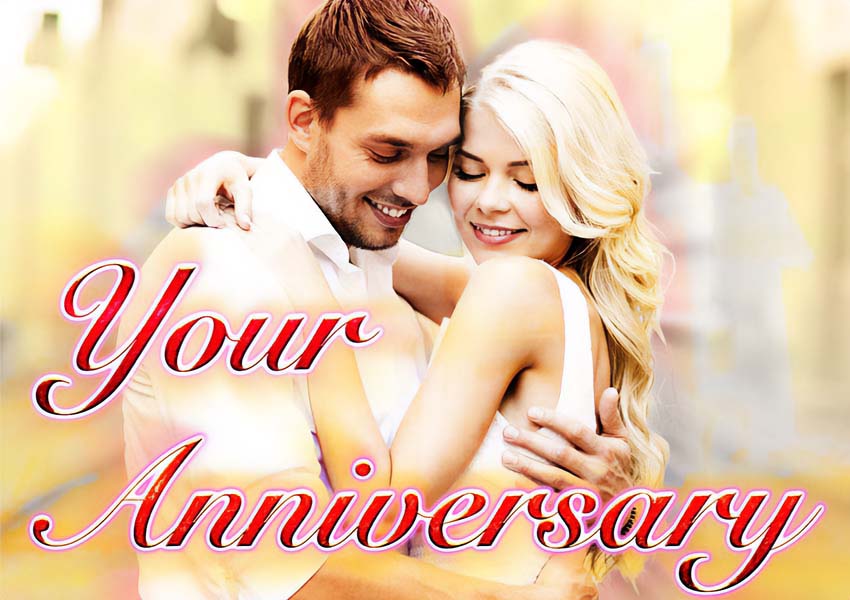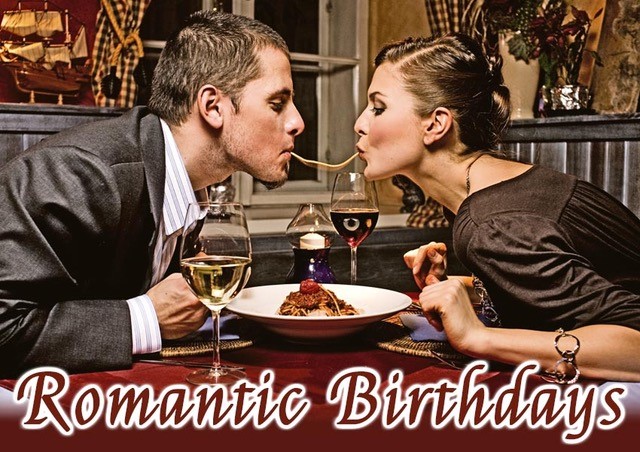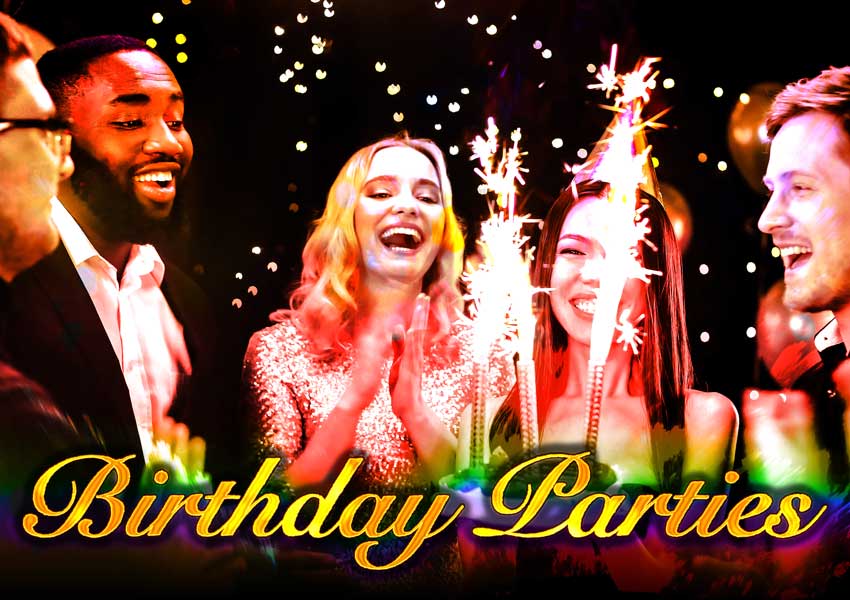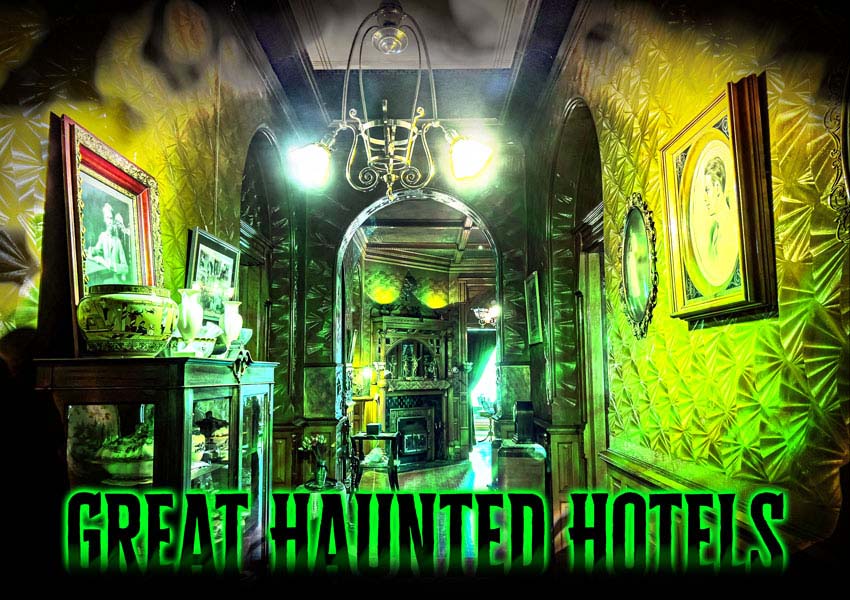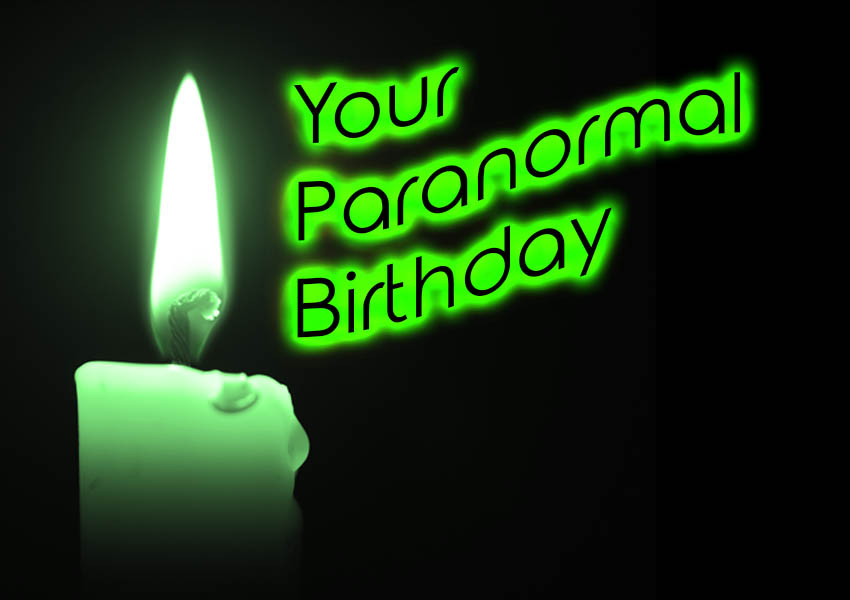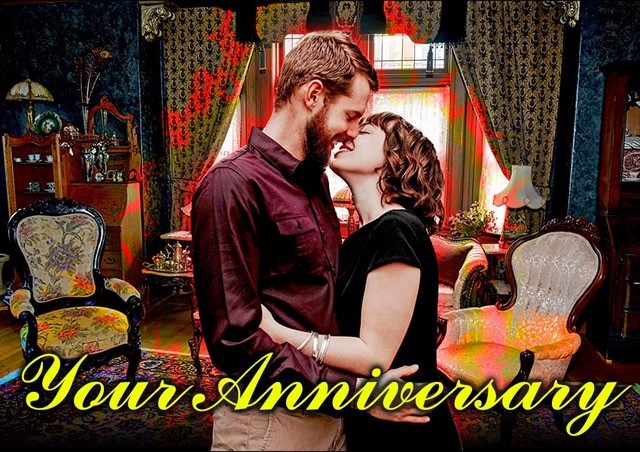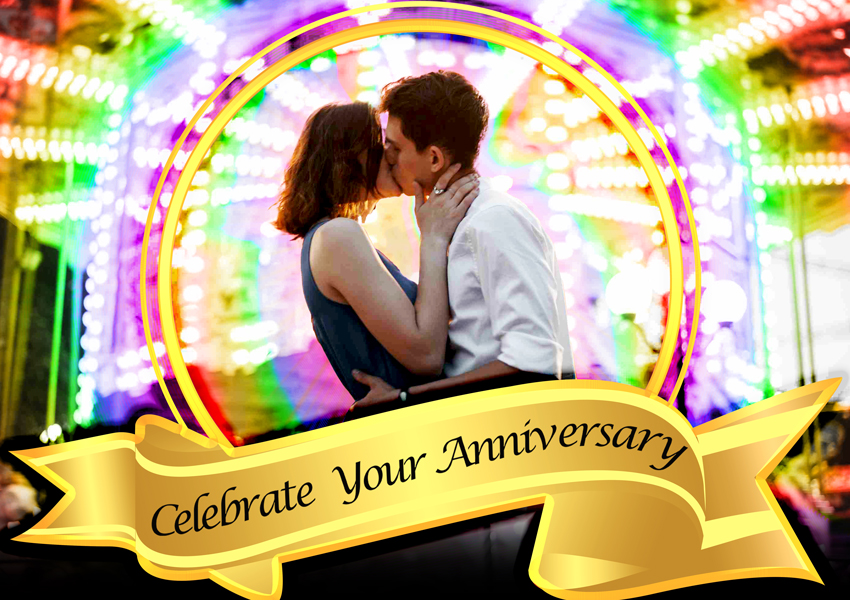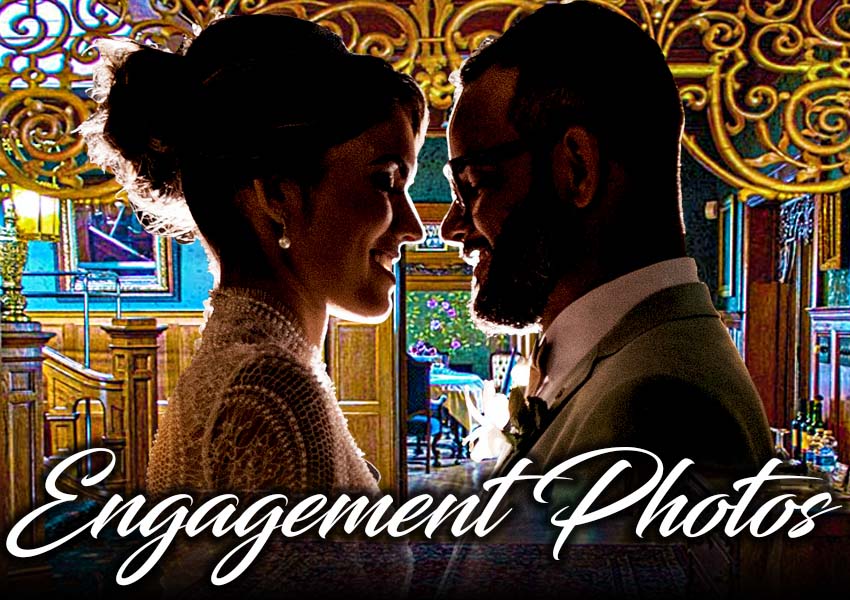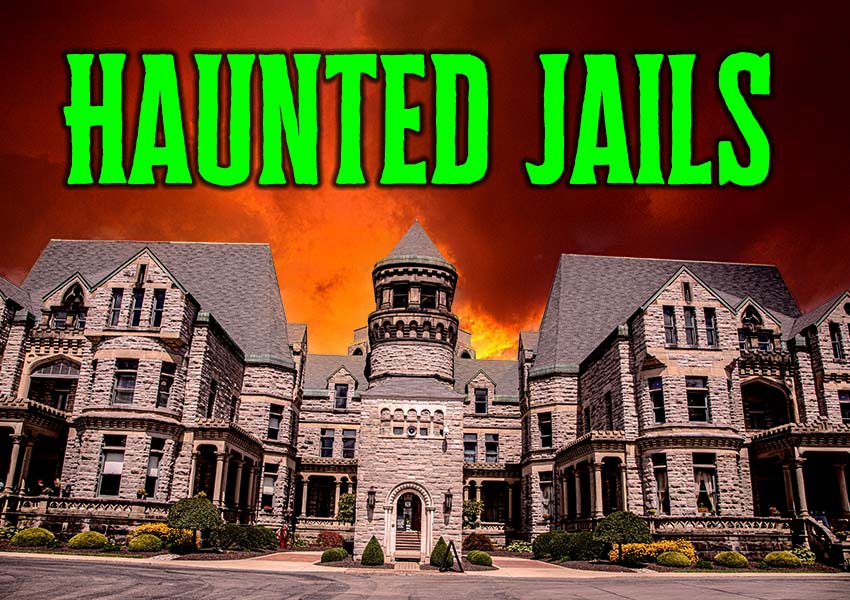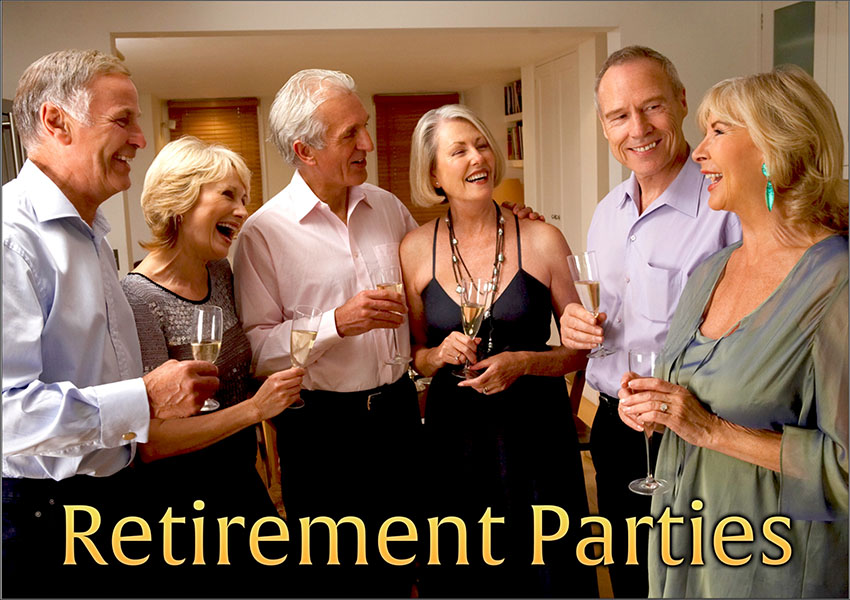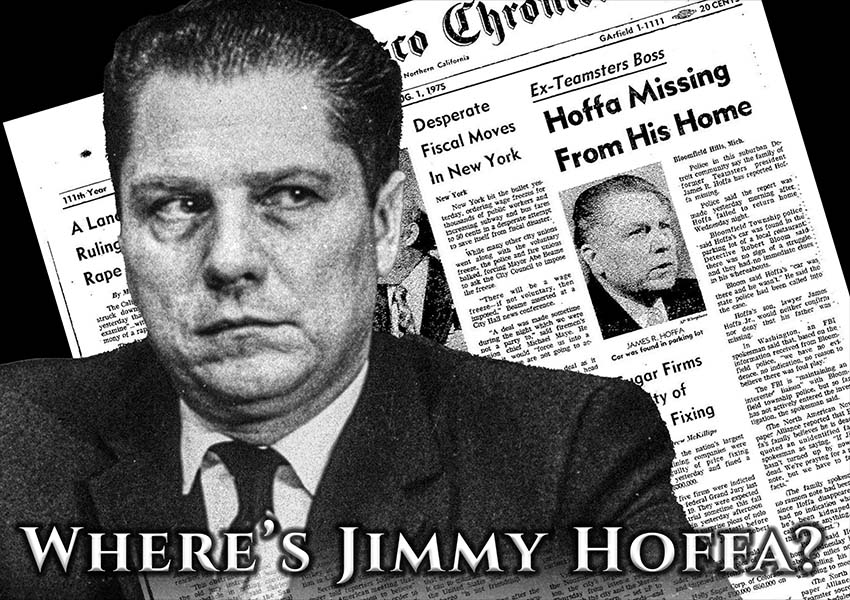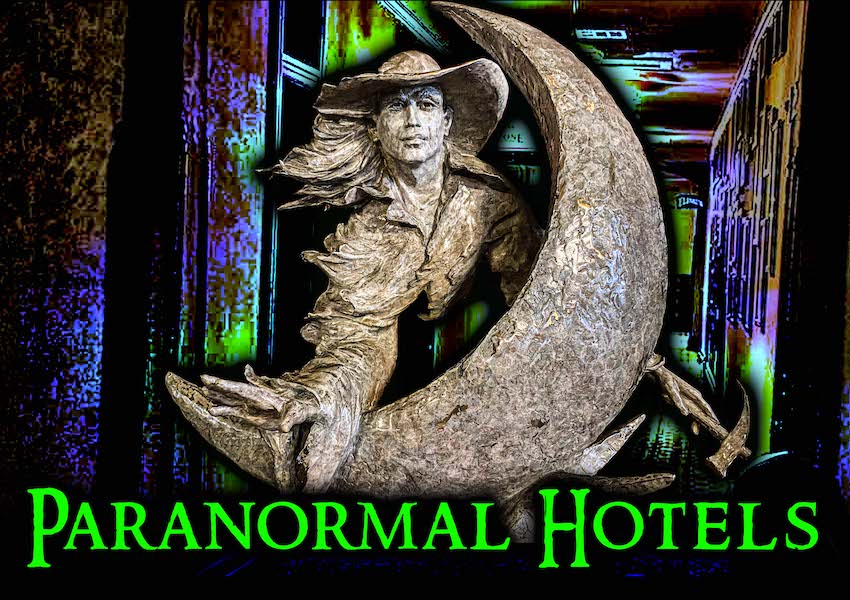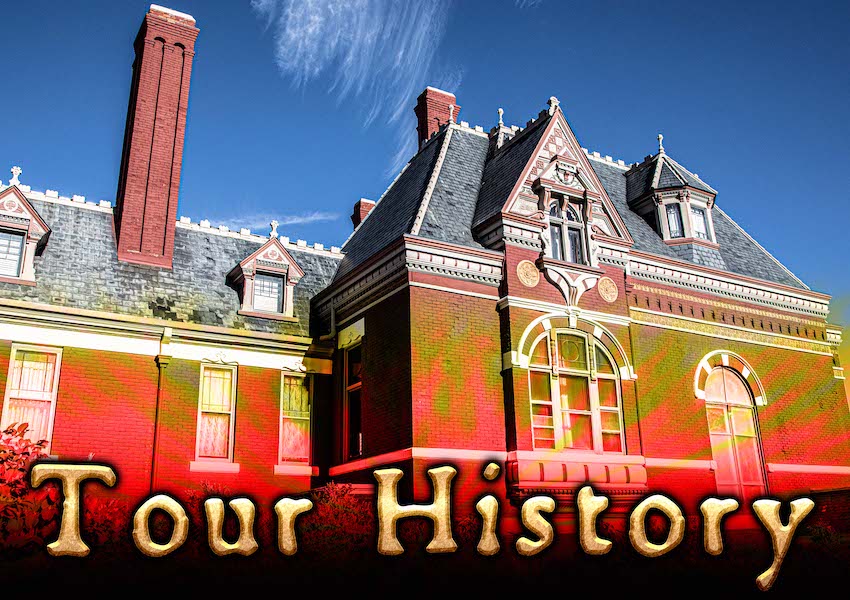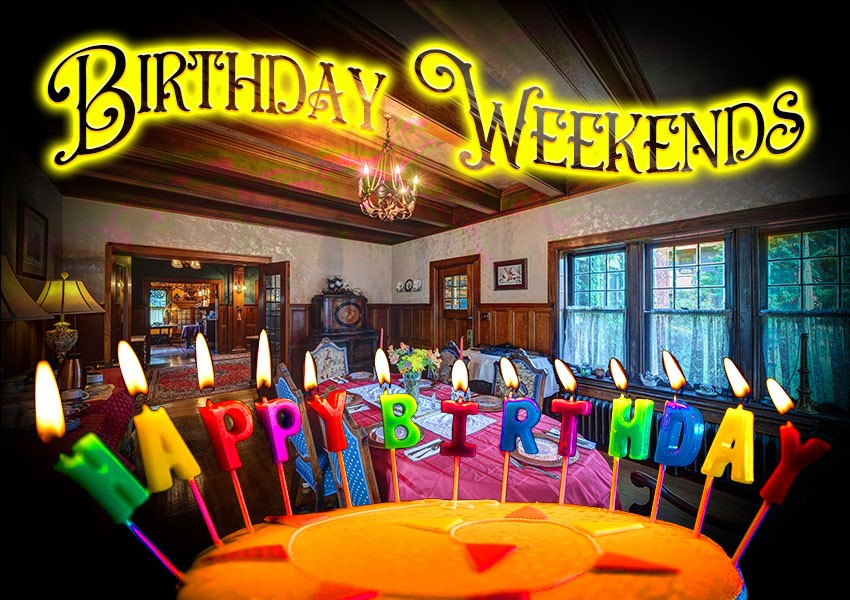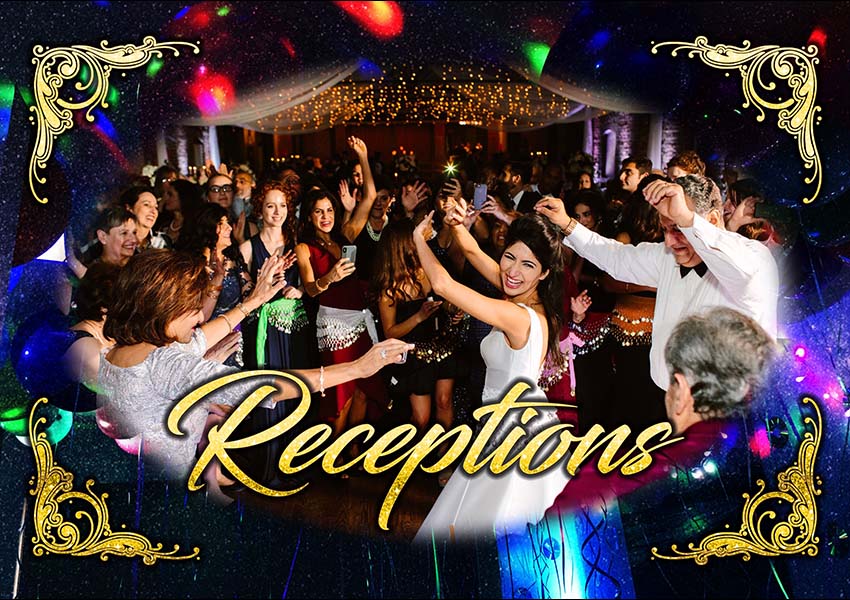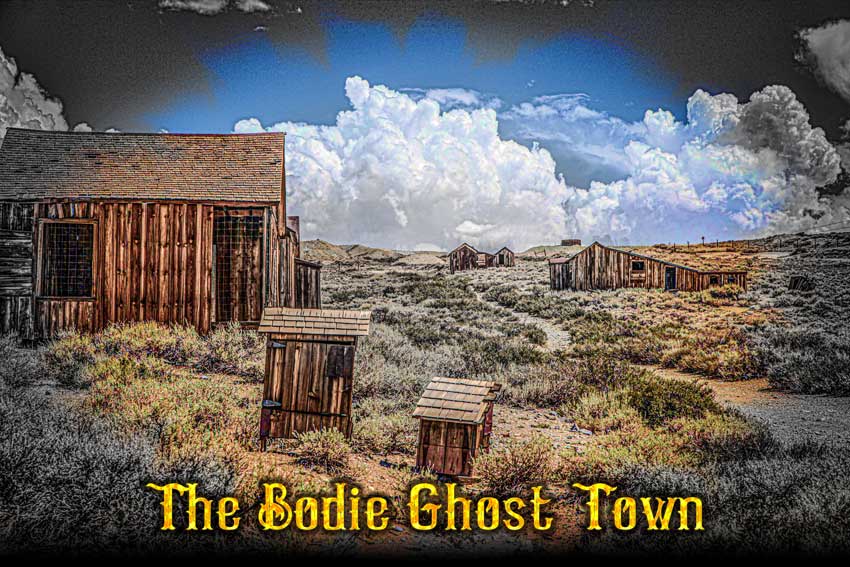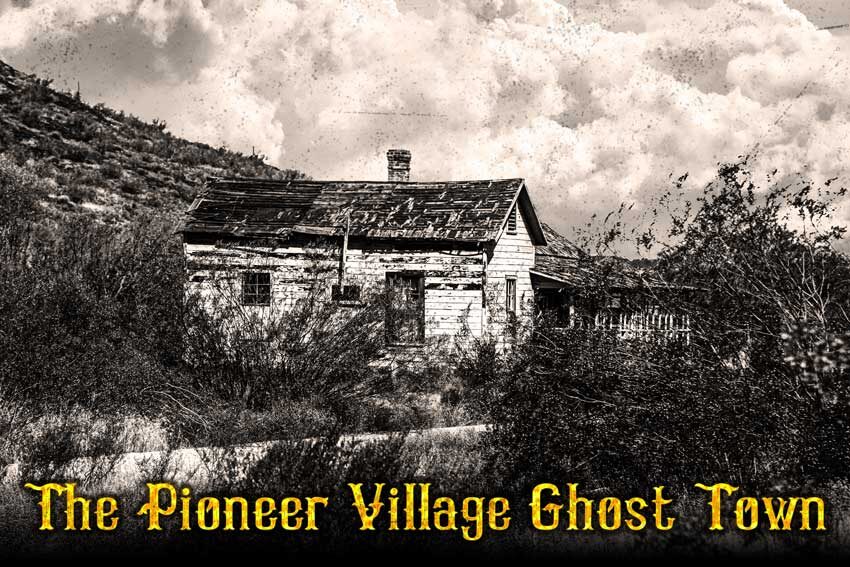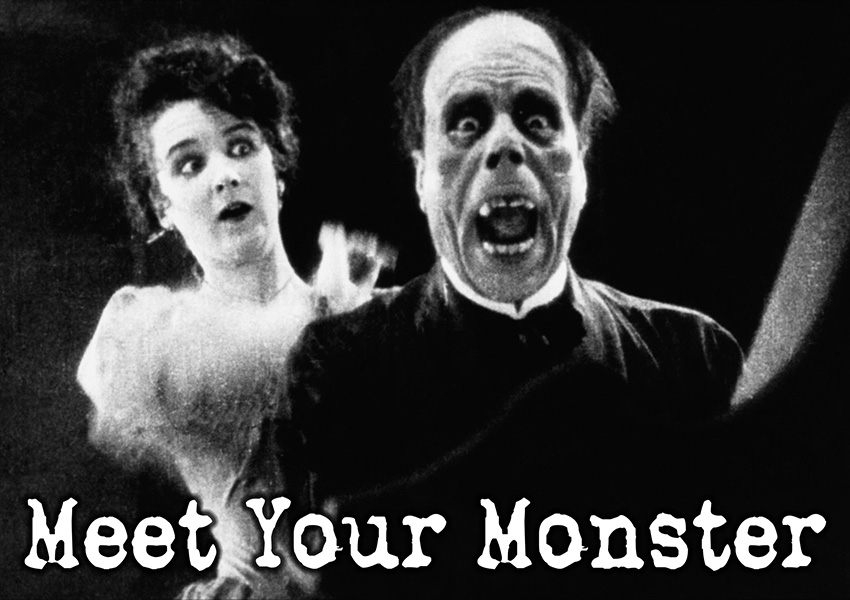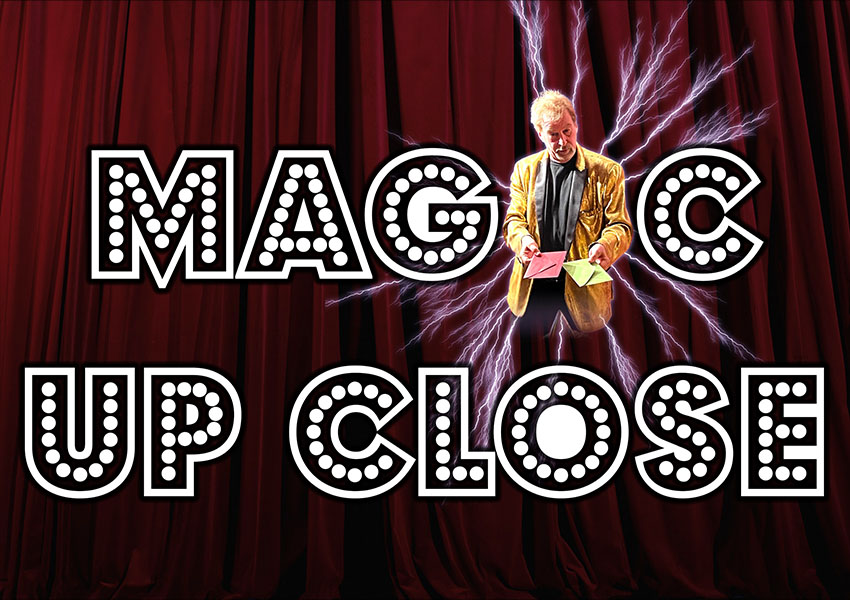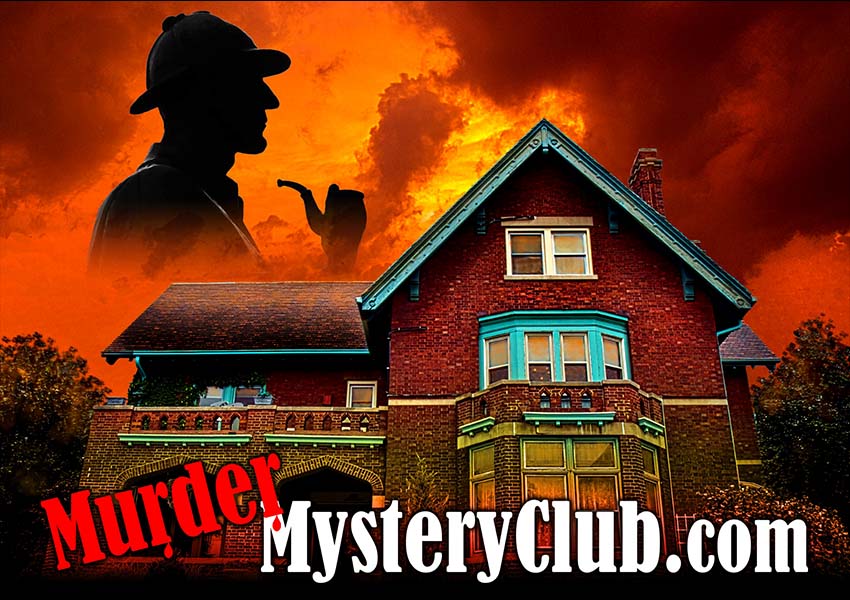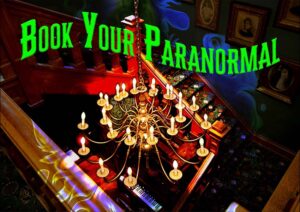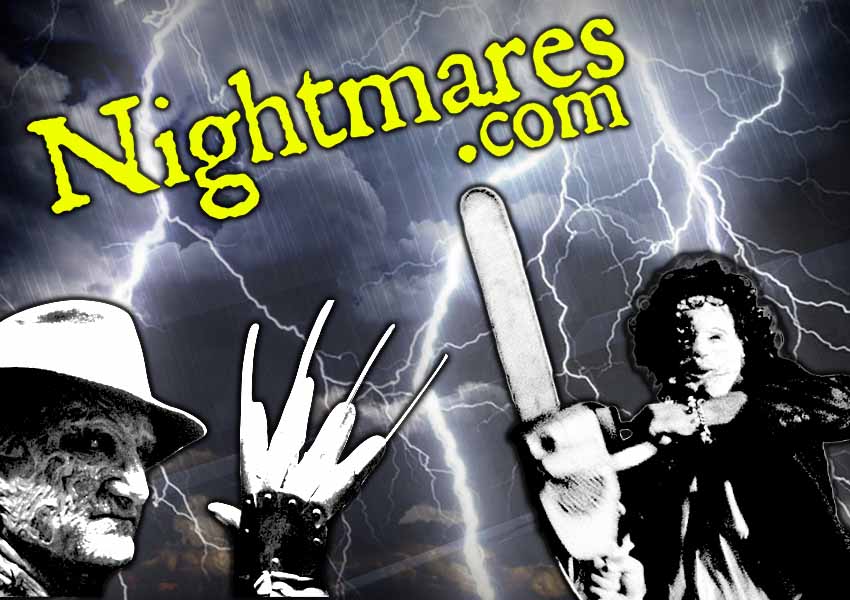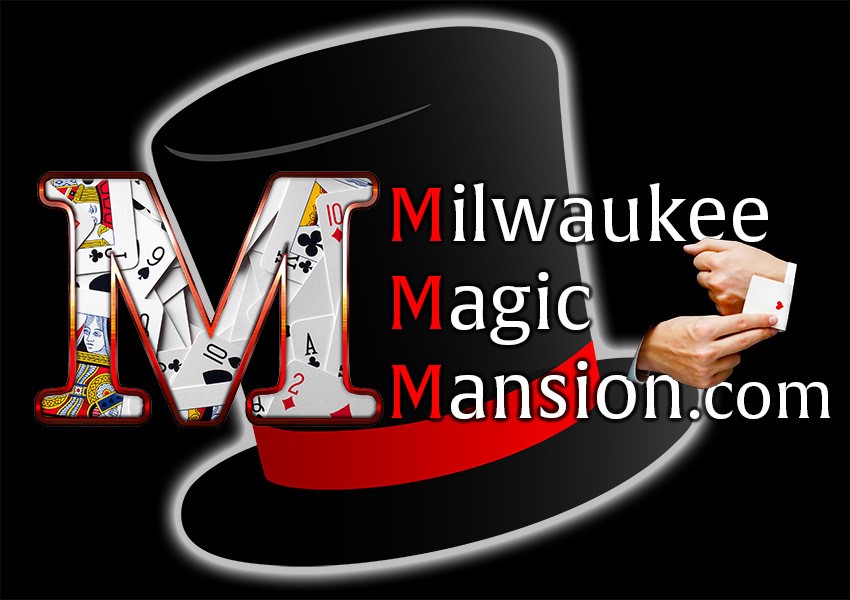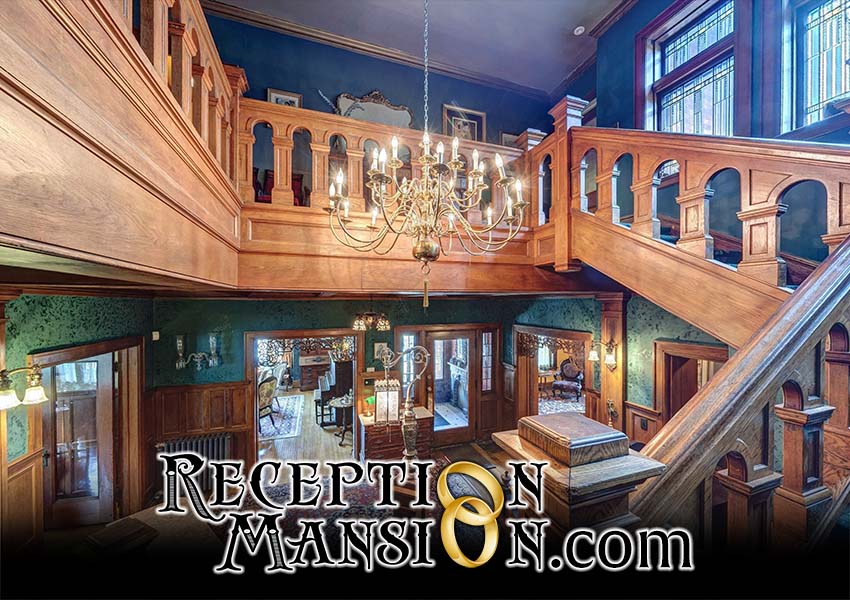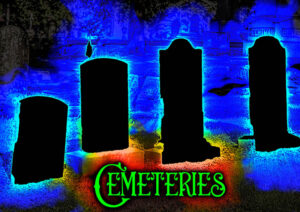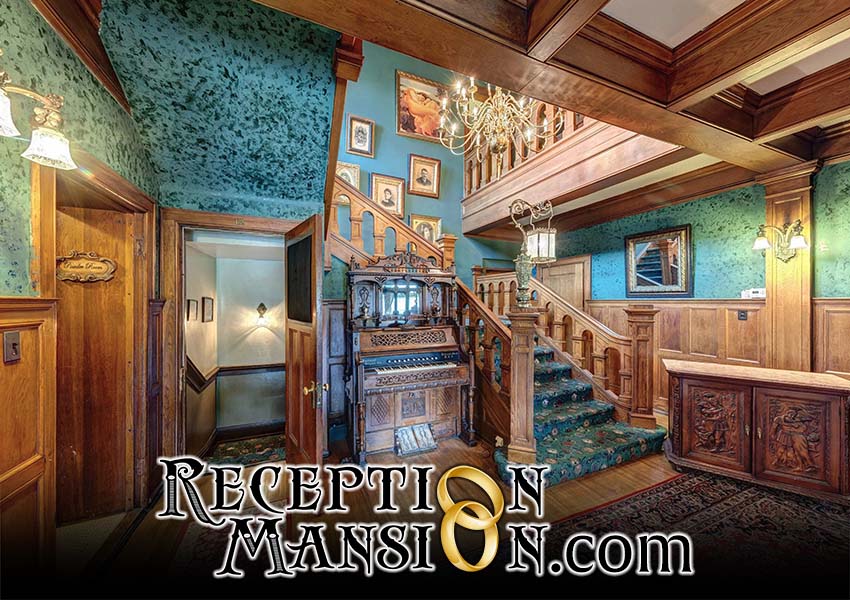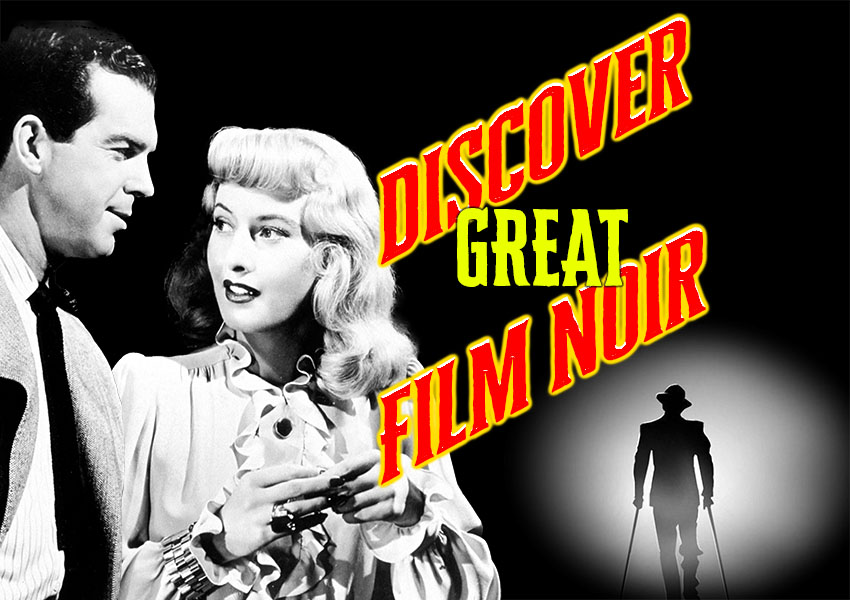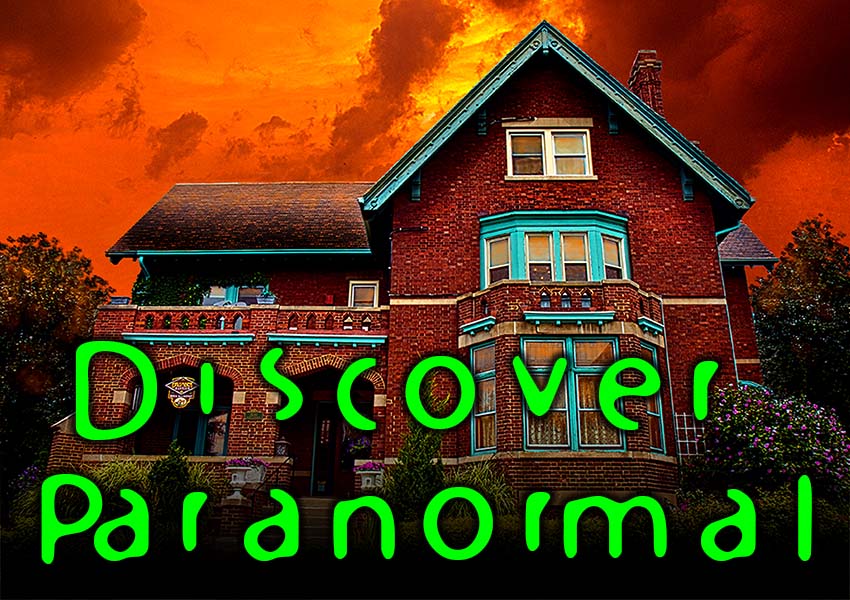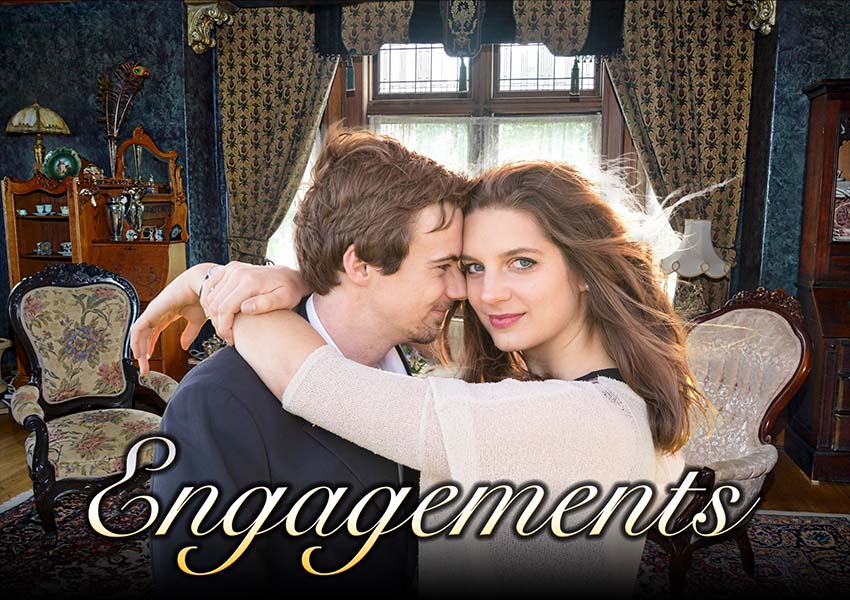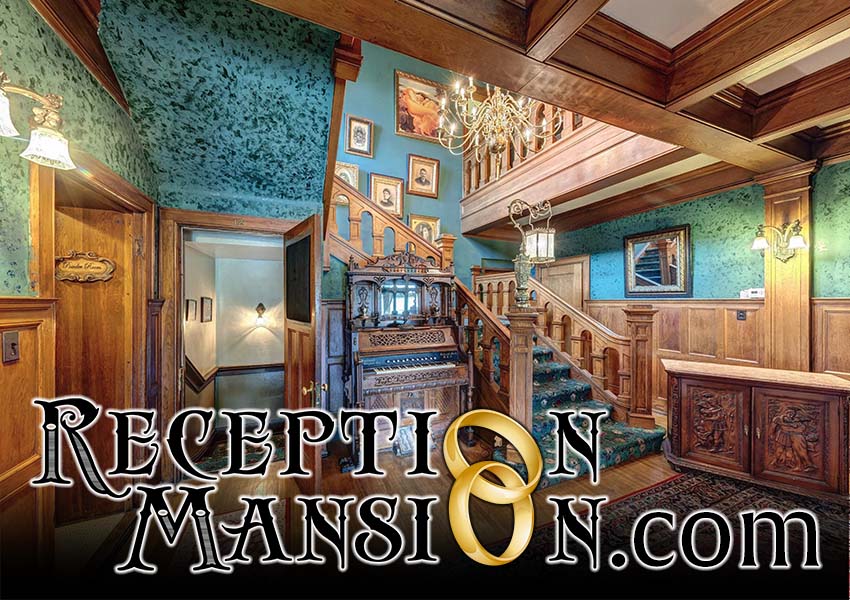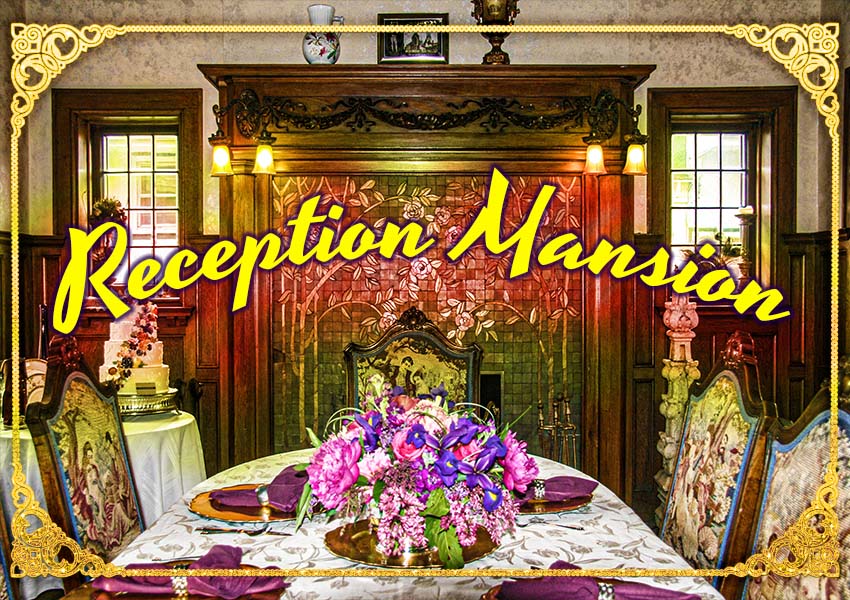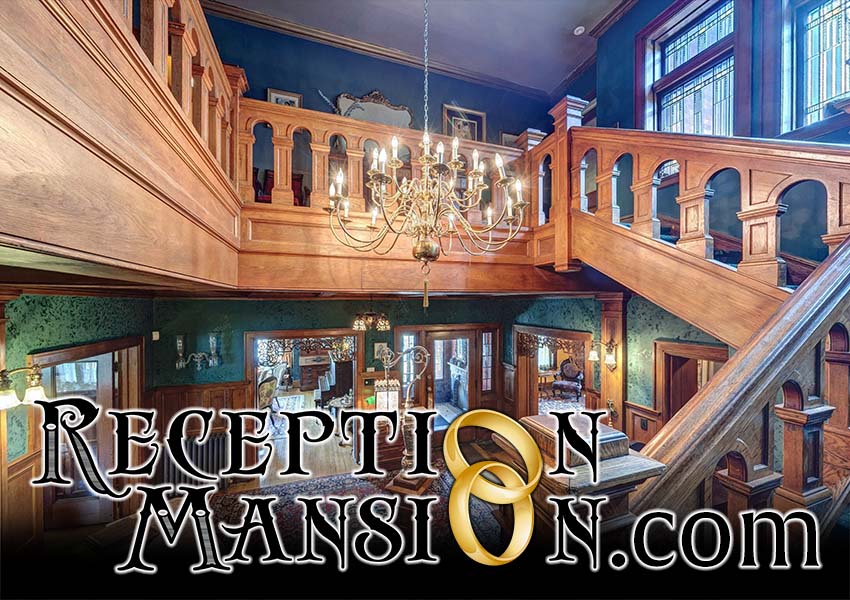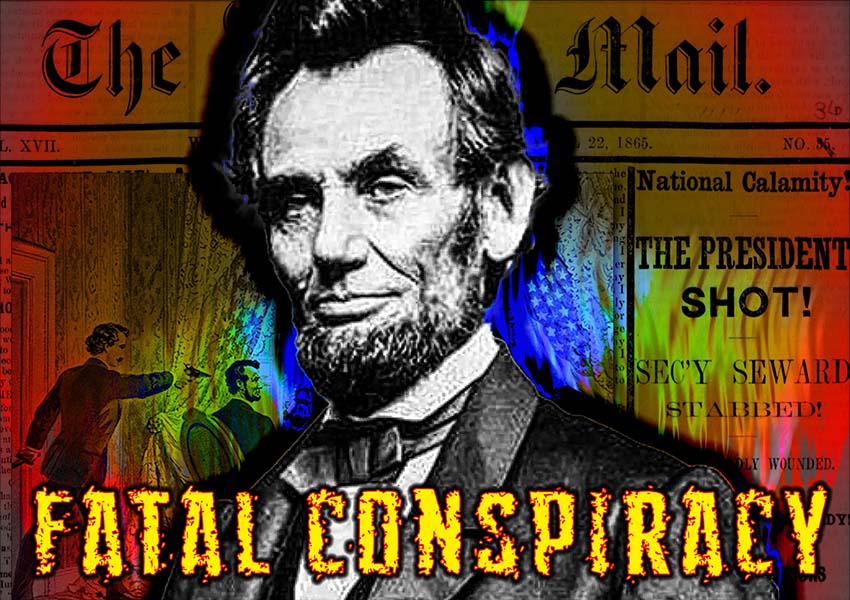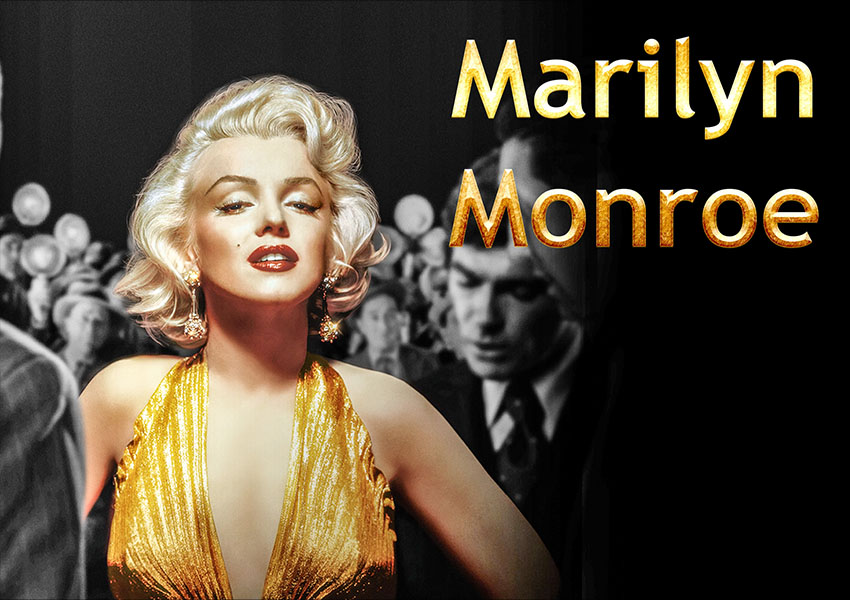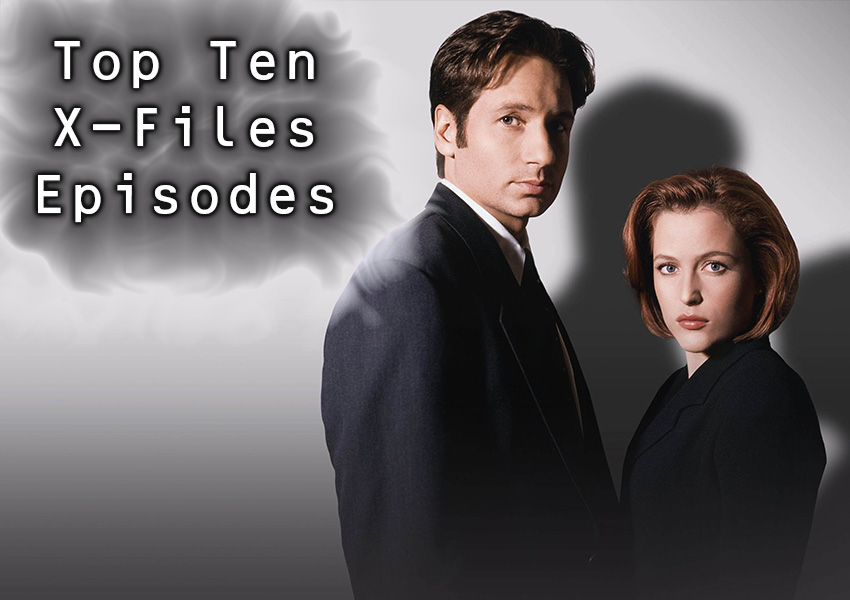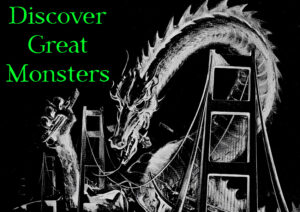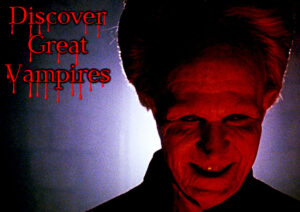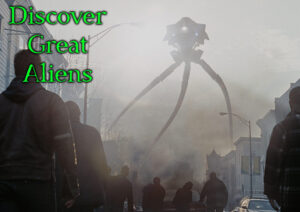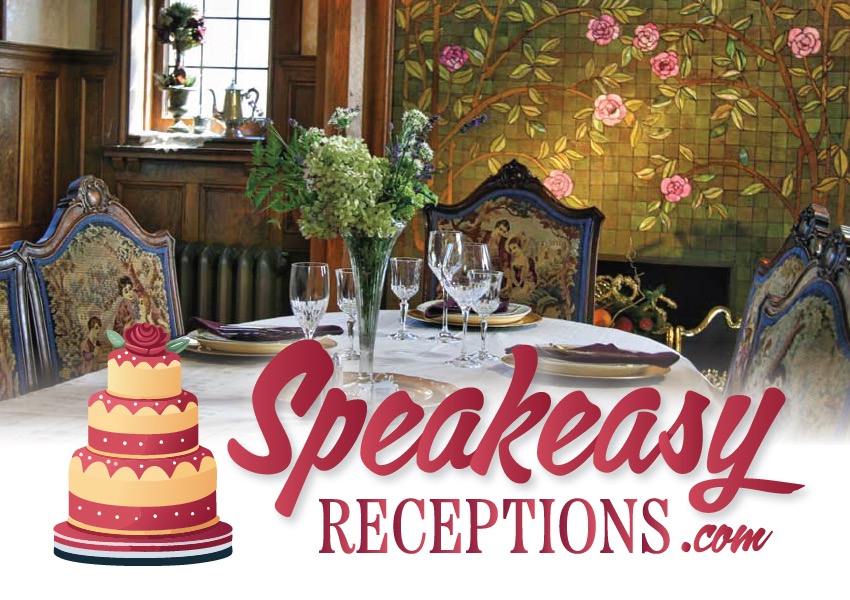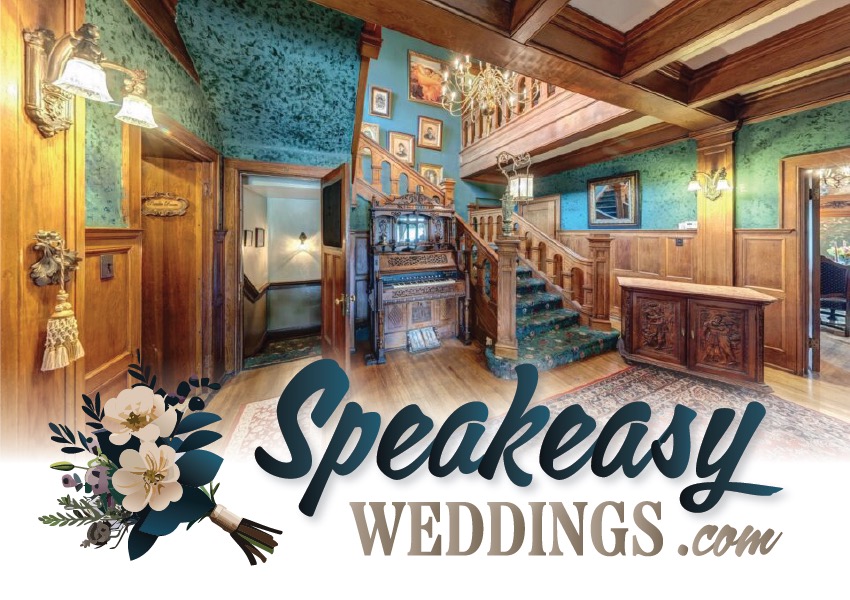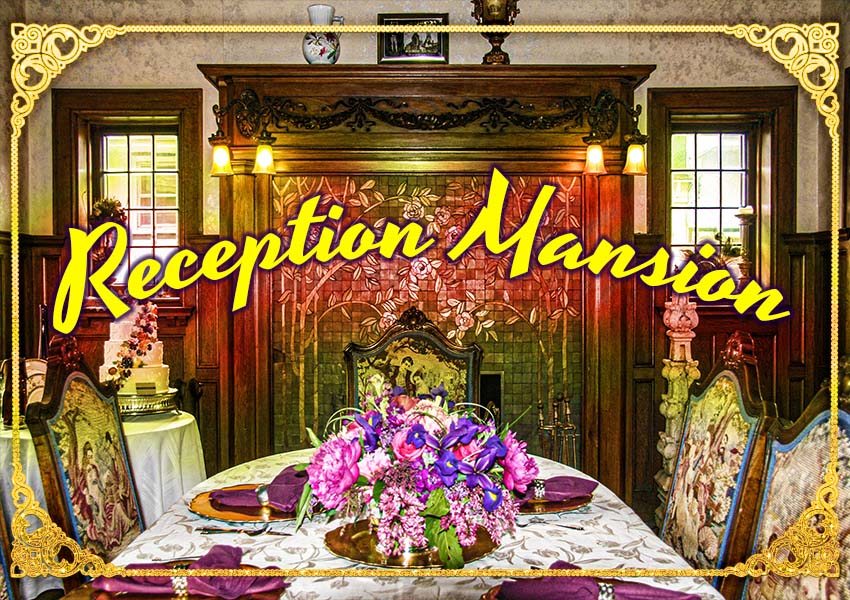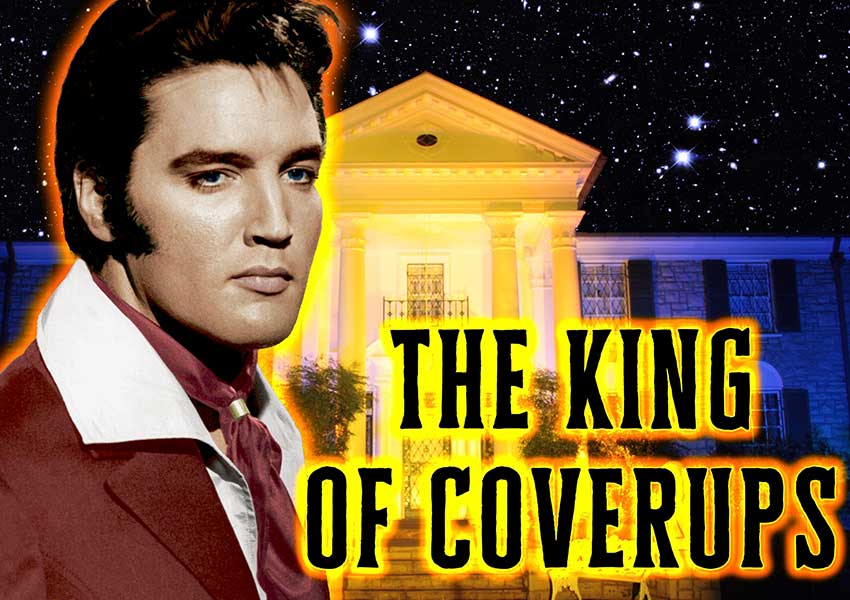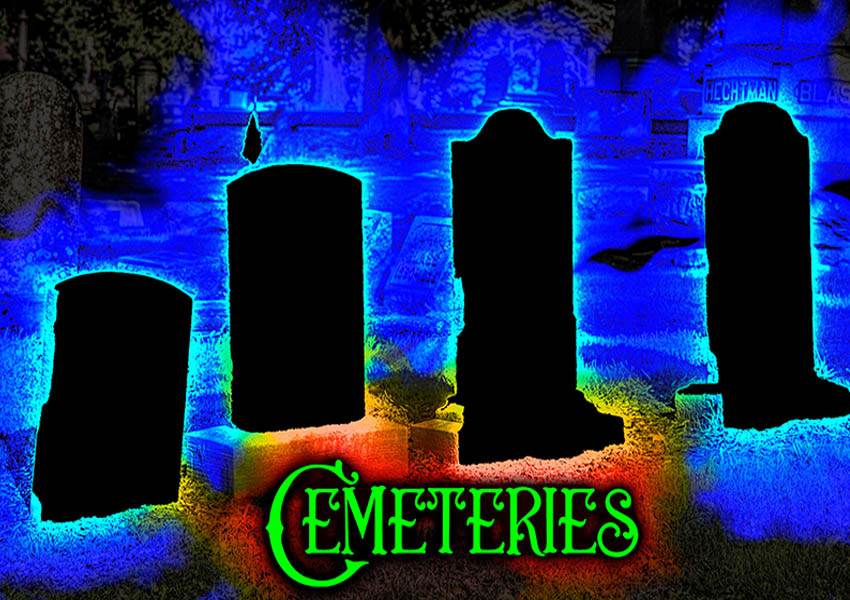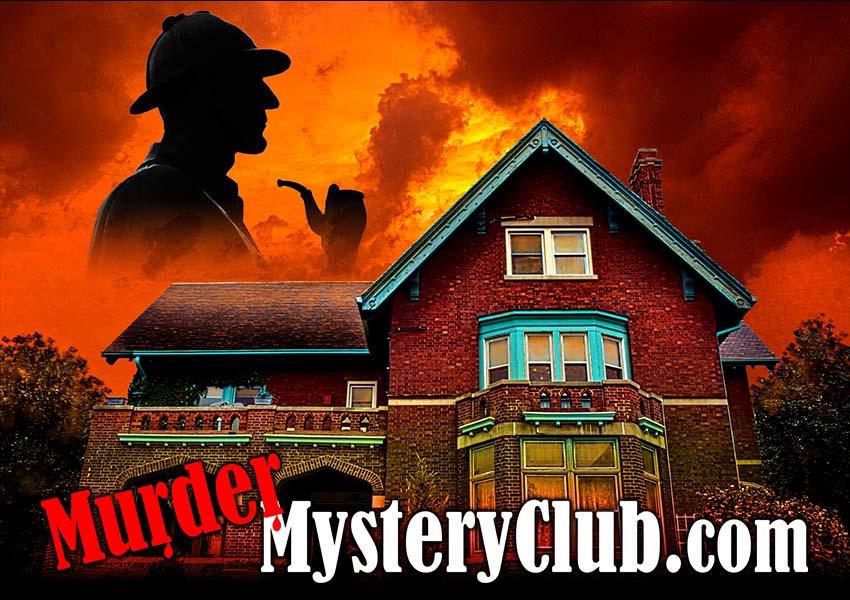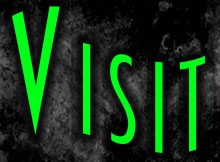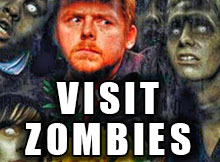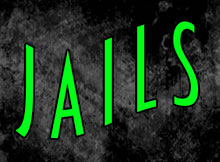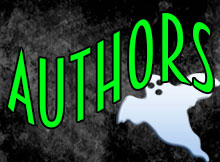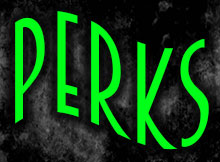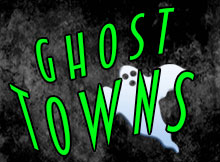Williamsburg Virginia
Ludwell-Paradise House
A spirit suffering from mental illness is known to be staying at the Ludwell-Paradise House.
DESCRIPTION
Described as a handsome,two story 1755 brick Georgian townhouse with a lean-to addition to the back of the house that was an after-thought; added to the original plan for the house. This was the typical Colonial Georgian style. (Raynham Hall Museum – Townsend Homestead.)
It has a hip-roofed, five bay home with a 60 foot Facade.It is “laid up in flemish bond with glazed hears. Inside it has the traditional central hallway with a staircase. On the first floor, it is two rooms deep, but only one room deep on the second floor; which was common in 17th century Virginia construction.
HISTORY
The Ludwell-Paradise-Slater House was built in 1755 by wealthy planter/politician Philip Ludwell 111, on the remains of an earlier house. Philip Ludwell had three daughters: Hannah, Frances, and Lucy. Lucy is the one most remembered at this house, for becoming insane and being shipped off to the mental hospital.
Lucy Ludwell Paradise unfortunately is only remembered for succumbing to her mental demons, and becoming a ghost, tied to this house. She isn’t known for who she was in life; which includes her challenges and successes as a human being.
She was challenged emotionally with all the deaths in her family, important people plus loosing a fortune, though she was a survivor and carried on. She had her successes as well in accepting changes, living in a foreign country, marrying the love of her life, having at least one child, staying true to her faith, and learning to handle money issues because her husband had his challenges in business, and moving back to America; after living in London for so many years (Seems pretty gutsy and tough to me).
She was born, the third daughter of Philip Ludwell and Frances Grymes Ludwell in 1752. Lucy’s losses that she suffered in life started when her mother died in 1758 when Lucy was 6 years old. She and her two sisters, Hannah and Frances, were loved and taken care of by the family slave, Cress. Another traumatic incident happened that caused Cress to give up her life to save the sisters. In gratitude, Philip set Cress’s children free because of their mother’s sacrifice. This traumatic incident may have happened in front of young Lucy.
Philip Ludwell moves himself and his three daughters to London, England. There, Philip could freely and openly follow his Greek Orthodox religion and raise his daughters in this faith. While living in Virginia, everything had to be done in secret, under British rule that had outlawed religions that were different.
In London, Ludwell’s daughters were baptized in the Orthodox Christian Church when Lucy was nine years old. Her sister Hannah married William Lee, son of a family well-known to the Ludwells.
Hannah and Lucy’s father, Philip Ludwell died in London in 1767, when Lucy was 15 years old. Being a teenager, it was hard on her to lose her father. Her middle sister, Francis died a year later in 1768, unmarried. Francis’s inheritance from her father’s will was divided between 16 year old Lucy, and Hannah and her family. Hannah’s brothers-in-law were in charge of dividing up the estate.
Lucy was given the Chippokes Plantation in Virginia, though her brother-in-law William Lee strongly suggested that the townhouses in Williamsburg be given to Lucy, echoing Lucy’s father, John Ludwell’s sentiments. It wasn’t to be, as the Brick House stayed in the Ludwell family, being given to the oldest sister, Hannah.
Hannah and William Lee lived mostly in Europe, so they rented out the Williamsburg Brick family home to a number of tenants. Renters William and Clementine Rind printed one of Williamsburg’s papers, The Virginia Gazette until up to the outbreak of the Revolutionary War.
At seventeen, Lucy married her guardian and the executor of her father’s estate, an Anglo-Greek, scholarly husband, John Paradise, ten years her senior. He had gone to the same Greek Orthodox Church in London as the Philip Ludwell family. They lived safely in London during the Revolutionary War and after, until Lucy’s husband, John Paradise died in 1790. There were little funds for Lucy to live on, in the accustomed manner she had done while John was alive. Suddenly, being on the poor side may have slid her closer to insanity.
After the plantation manager and her solicitor both died in Virginia, Lucy bravely decided to move back to Virginia to try to manage her affairs and hire a new plantation manager and solicitor in 1804. There was no wealth left in London, but she could live on the money made on the plantation.
The Ludwell side of her family through Hannah and her husband, William Lee, always owned the house. While the Paradise branch of the Ludwell family claimed the house and lived in it, they did not at any time own it.
Before Aunt Lucy came back, the Ludwell family descendants wrestled with the headaches of being property owners. Finding good tenants for the “Brick House”; as the Ludwell-Paradise House was called in legal correspondence, proved to be challenging. They wound up with a string of tenants who would not or were always late paying their rent.
When Lucy Ludwell Paradise returned to Virginia in 1805, to look after her interests in the plantation, she wanted to live in the Ludwell-Pardise House; the home of her early childhood, and she was allowed to do so, renting from her Ludwell nieces Cornelia and Portia.
Lucy had told her grandson, Philip Paradise, before she left for Virginia, that she was going to give this family house to him after she died; forgetting that Her Ludwell nieces Cornelia and Portia; daughters of William Lee and Hannah Ludwell Lee had been given this property.
In Williamsburg, Lucy settled in her childhood home and soon made connections with the other people living in Williamsburg . She was well-respected, and a little feared because she came from a well-known wealthy family. She was called Madame Paradise, or Lady Paradise out of respect. However, it was commonly thought that Lucy had become a “little peculiar”, because of her “odd Habits”, Greek Orthodox faith, and showing some signs of her mental illness with behavior, along with compulsive/obsessive tendencies. She lived in her own fantasy world. For instance, Lucy had a carriage on her back porch, and had visitors sit in it with her, while her servant rolled it back and forth. She also took multiple baths trying to stay clean.
When Lucy’s mental condition finally overwhelmed her, instead of hiring a private nurse to care for her, or putting her in a high class hospital, (Bush House in Salem), her family instead put her in a common mental institution, entombed in an unpleasant atmosphere, carrying the stigma of “Luny Lucy.” to her grave. She was no longer referred to as Lady Paradise, etc. This was a long fall from her years living in London high society. After two years of hospitalization, Lucy Ludwell in despair killed herself in 1814.
After 1814, the two sides of Lucy Ludwell’s family started a legal battle against each other; fighting over who would own this piece of property; the Brick House. Her English grandson, Philip Paradise was on one side and her two American nieces, Portia and Cornelia, via their husbands, Mr. Hopkins and Mr.Hodgson were on the other side.
Both sides diligently presented their point of view in court. Philip claimed the right to the property through the 1767 Will of Lucy’s father, John Ludwell, that stated that John Ludwell preferred that Lucy be given the Townhomes in Williamsburg.
It was ruled in 1822 that the two American nieces would inherit the house because of Philip Paradise’s English citizenship, making him illegible to inherit property in Virginia at this time.
Interestingly, Philip Paradise did decide to stay and live in the Brick House without owning it. Even after the court battle, Philip was still welcome to live there. Philip married a local lady and raised a big family there.
Descendants of Cornelia and Portia owned the home until 1847, when a Mr. Slater who married a Ludwell Lee family lady descendant took over the ownership of the Ludwell-Paradise House. He gladly spent some money in doing some historical restoration to this now aging fixer upper opportunity; putting the front porch back onto the house, among other things.
It was then known as the Slater House. Slater descendants lived in the house until 1900s’, when it changed hands once again, being sold to Mrs. Louise D. Steuart. Mrs Steart promised “to furnish affidavits establishing that Virginia H. Slater was the sole heir at law of her father, James Lee, and that the grantors in a deed from the heirs at law of Virginia H. Slater to J.C. Slater, together with said J.C. Slater, were all of the heirs at law of their mother, Virginia H. Slater.” They apparently wanted to avoid another family feud over this property with any descendants of Philip Paradise.
The Steuart family lived here until John Rockafellar Jr. and Dr. W.A. R. Goodwin bought the house in 1926 for 8,000 dollars, as the first home to be restored in their labor of love to preserve Colonial Wiliamsburg. After the restoration work was finished, they rented out the house to provide more money to restore other houses.
Eventually, at some point, the Ludwell-Paradise House was sold to a private owner, knowing full well what the expectations were in owning this piece of historic property. Various private owners owned this property and made some modern changes to meet their needs and modernize inside this historic Ludwell-Paradise House, adding a modern kitchen, upgrading the bathrooms, etc. and doing diligent maintenance. All have been good stewards of this historic home. As of 2019, it is still privately owned, and not part of the Colonial Williamsburg House Museums system. Perhaps a family descendant off Dr. Goodwin or John D. Rockefeller Jr. still own this home.
HISTORY OF MANIFESTATIONS
People who are forced to give up their cherished home because of mental illness, death, money issues and/or the need to move due to circumstances beyond their control, sometimes like to come back to their homes in spirit form.
Besides having odd habits, Lucy Ludwell may have been suffering from Obsessive/Compulsive disorder as she constantly obsessed with being clean.
People who suffered from mental illness while alive, sometimes leave their mentally ill self in this world, like residual energy, that is not able to communicate with the living; while the rest of the person goes into the spirit world healthy, free from illness.
MANIFESTATIONS
Entity of Lucy Paradise (or her residual energy)
For over a hundred years, people living in this home have heard someone taking a bath in the empty second floor bathroom, when no one who was living was on the second floor.
The sound of running water, splashing and dripping water on skin has been noticed by the living.
Apparently, if this spirit is intelligent, it does only one thing here, seeing the room as it was, and taking her beloved bath in her tub.
She is never seen, just heard, probably at times that she typically took baths.
This haunting could be residual energy that is still active, with no intelligent spirit behind it.
This house has long been know for having a bath-taking haunting.
It is a favorite home of the ghost tours!
Many people throughout the eras have heard this manifestation, but had no encounters with this entity.
STILL HAUNTED?
Apparently so, perhaps with just residual energy or just part of the spirit that had mental issues, that can’t communicate with the living.
If it was an intelligent spirit, it would be in pain being stuck here, and would find ways to interact with the living.
LOCATION
North side of Duke of Gloucester Street,
Williamsburg, Virginia
(Colonial Lot #45 Block 18 – #13 (12)”
This private residence is one of the 88 homes located in the Williamsburg Colonial Village which is a National Park, and is on the list of National Register of Historic Districts. The Williamsburg Colonial Village is a museum made up of 160 renovated buildings located on 175 acres.
This fully restored 18th century Colonial Williamsburg Village is experienced like a living museum, where visitors can see how the colonists lived, and experience a taste of colonial life. People dressed in authentic costumes offer various demonstrations of crafts, etc. Each house museum has its own entrance fee, which helps to pay for programs, maintenance and further restoration/ maintenance of the outside buildings.
Our Haunted Paranormal Stories are Written by Julie Carr
Our Photos are copyrighted by Tom Carr
Visit the memorable… Milwaukee Haunted Hotel
SOURCES INCLUDE
- colonialghosts.com
- http://www.history.org
- https://www.ludwell.org
- http://research.history.org
Our Haunted Paranormal Stories are Written by Julie Carr

